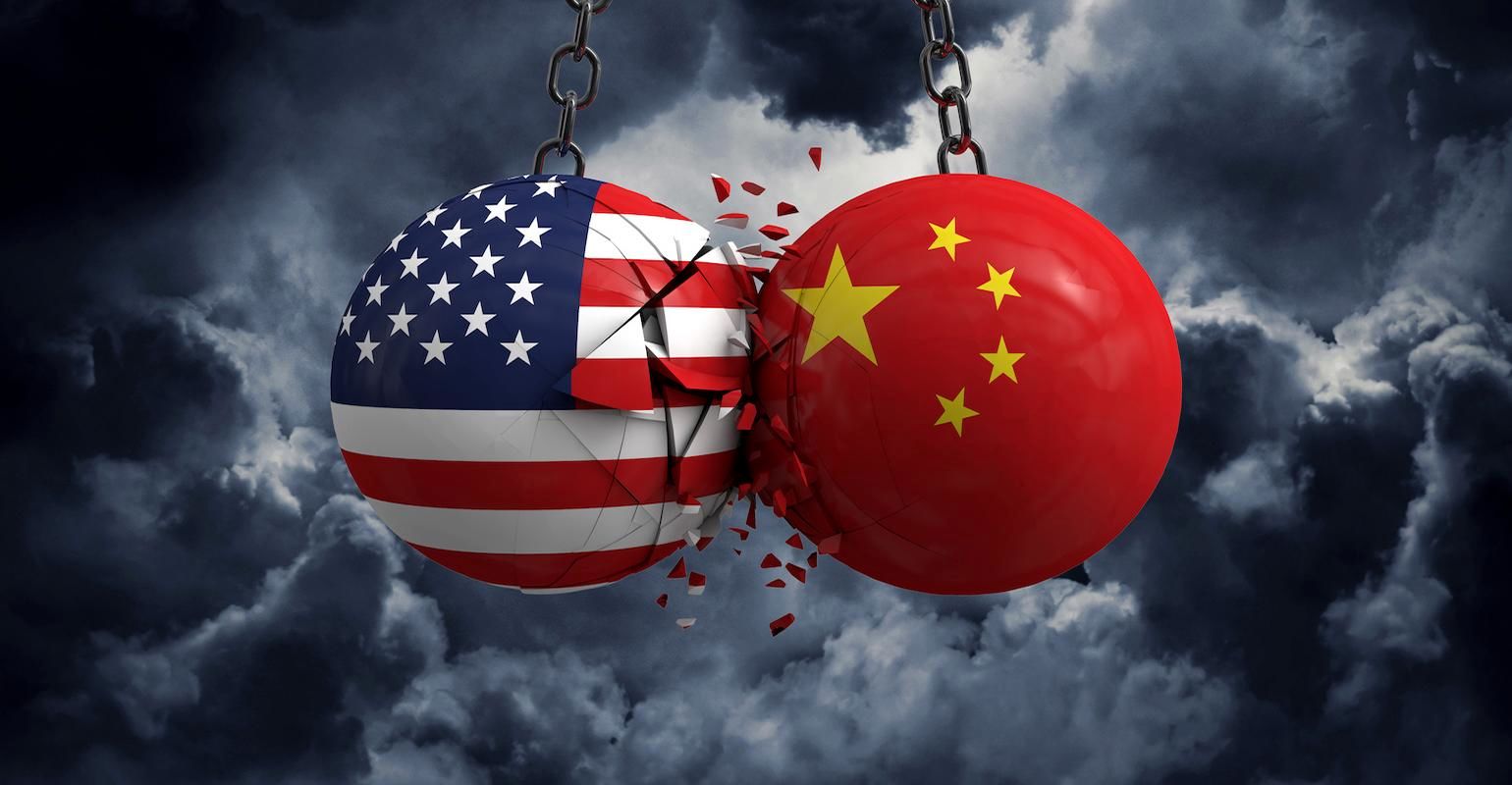It is crystal clear that there is an important difference between the U.S. and the Soviet Union during the cold war and the competition between the U.S. and China at present time. Therefore, one should not expect the repetition of the experience of the cold war during the present time. For Example, during the cold war, Europe was the main arena of competition between the Soviet Union and the U.S. But it does not seem that during the present time, Europe will turn to a place for competitions between China and the U.S. because of enjoying from democratic and political systems, free economy and membership in NATO, the European countries are considered to be as allies of the U.S. Therefore, China has no footprints or background to penetrate in this region and to compete with the U.S.
On the other side, in view of the willing of China to expand its influence in different regions of the world, one can not ignore the possibility of the U.S. and China competition in some regions of the world like the Middle East. However, one should pay attention to the point that probable competition between China and the U.S. has less depth and severity in the Middle East region than that of the U.S. and the Soviet Union in the same region. China has made efforts to establish extensive economic interactions with the countries of the Middle East region like Iran and Arab world.
In fact, one of the manifestations of China’s emergence as a great power that tries to expand country’s bilateral relations, particularly in economic and trade fields with countries of different regions is its foreign policy. With more than $ 200 billion, China is considered as the largest trade partner of the Arab League. The country has approved strategic partnership document with Persian Gulf Cooperation Council (PGCC) members (excluding Bahrain). Within the framework of Digital Silk Road Plan, China played a pivotal role in implementation of the most important digital projects of the region such as Smart Dubai 2012 and Saudi Arabia National Transformation Program 2030.
Since the promotion of China’s position and expansion of its foreign interactions are in competition with the U.S. position, it is natural that the U.S. is sensitive towards it. The sensitivity of the U.S. increases when China intends to expand its relations with those countries which traditionally used to be the U.S. allies and enters into those regions of the world where used to be the sphere of the U.S. influence. For example, this could be seen in China’s effort to expand its relations with PGCC countries. However, confrontation with China’s influence at global level is a policy supported by the Congress and the White House.
Based on what said earlier, one should pay attention to the point that when China deals with the relations of countries located in the West Asia, the U.S. will react on the basis of the nature of those relations. If the relations of the U.S. allies with China are based on economic and energy fields, there will be no objection by the U.S. because the U.S. itself is one of those countries that has the largest volume of economic relations with China, but it gains importance when the relations of the U.S. allies with China extend to military and security fields.
For example, due to UAE and China cooperation, having bipartisan support, the Congress rejected the selling of F-35 fighters to UAE. However, after UAE agreed to establish diplomatic relations with the Zionist regime, Trump confirmed the selling of F-35 fighters to Israel. Likewise, being concerned about stealing of the U.S. defense information caused the country to postpone the selling of drones to UAE to the extent that UAE has threatened to cancel the purchase agreement.
In fact, the U.S. has shown to deal cautiously with those traditional allies who head towards military and security cooperation with the U.S. competitors in its military and defense cooperation. For example, the Turkey’s experience when it purchased S-400 Russian made missile systems caused the U.S. to cancel Turkish partnership in F-35 fighters project.
In fact, the trend of policy makings, legal and political measures taken by Washington provide a perspective to observers that the U.S. and China confrontation will be heightened within the coming years. Therefore, countries should either accompany with Washington policies or should pay its relevant prices. For example, anti-Huawei campaign of Washington since 2018 was mainly concentrated on European allies, but now the White House sends threatening messages to other parts of the world. In view of shelfing Huawei by the Zionist regime, one should wait for exerting pressure on countries like UAE and Saudi Arabia to take the similar measure.
To conclude, there are three scenarios perceived for the position of the Middle East countries when competition between China and the U.S. is concerned as follows:
- The first scenario deals with those countries that are completely dependent on the U.S. political and military supports, and thus they don’t have enough freedom of action to expand their relations with China. Iraq, Bahrain, Kuwait and Jordan could be mentioned among these countries.
- The second scenario deals with those countries that try to take the maximum interest to their own benefit, and thus through approaching one of the two powers, they seek for taking concessions from the other power. However, this sort of game requires very high delicacy to play. UAE and Saudi Arabia try to play such a role. However, their main willing is to remain under the U.S. supportive umbrella but with tactical turns towards China they try to put the U.S. under pressure and to take more concessions.
Third scenario contains the group of countries whose main preference is China. Countries like the Islamic Republic of Iran, Syria and Afghanistan could be mentioned in this category. In general, it seems that the willingness to have strategic relations with the U.S. among the regional countries enjoys a heavier weight.










0 Comments